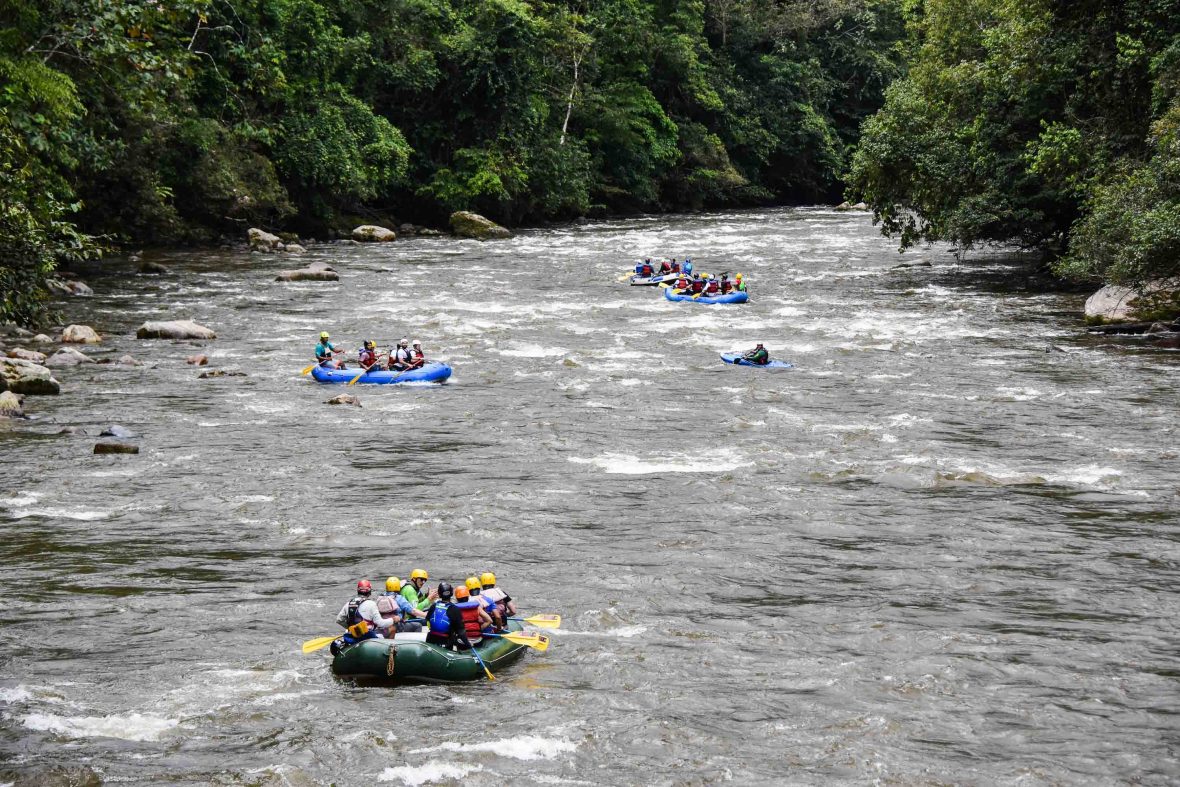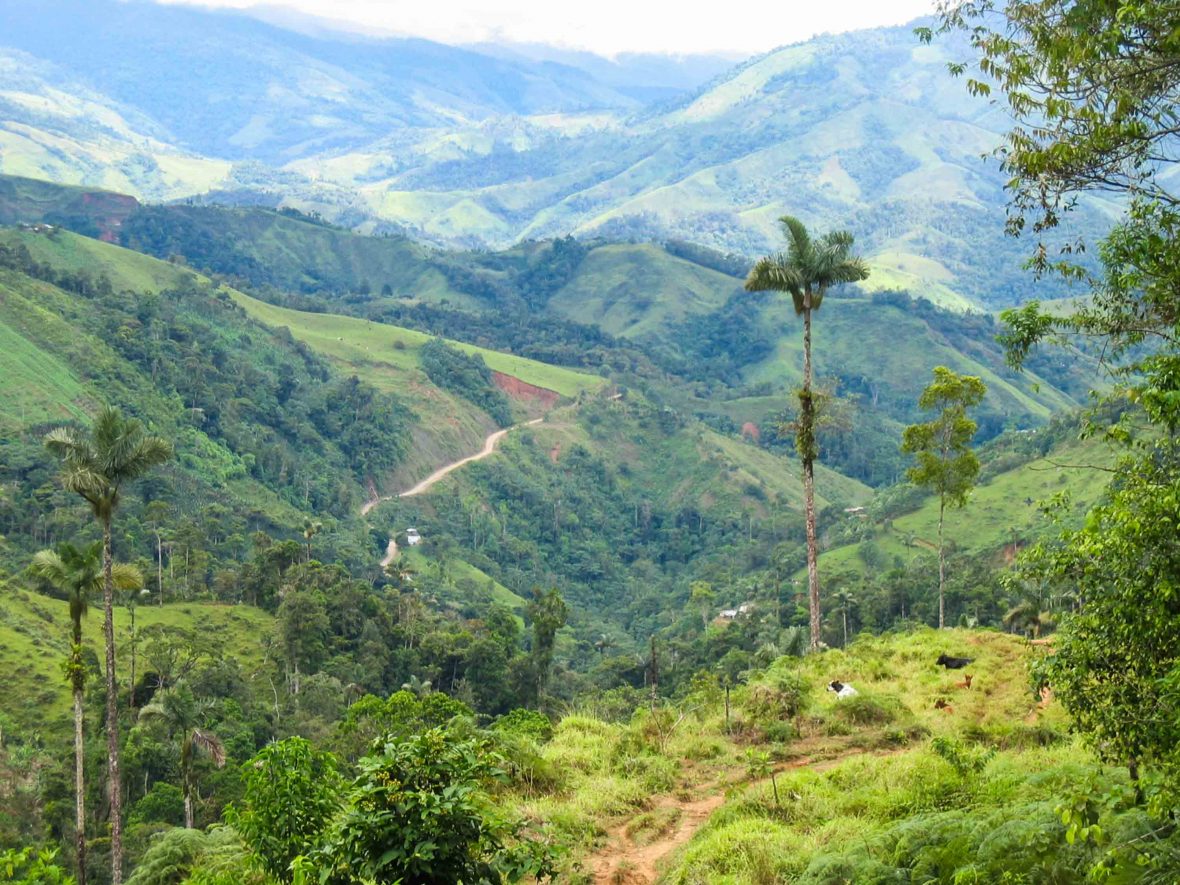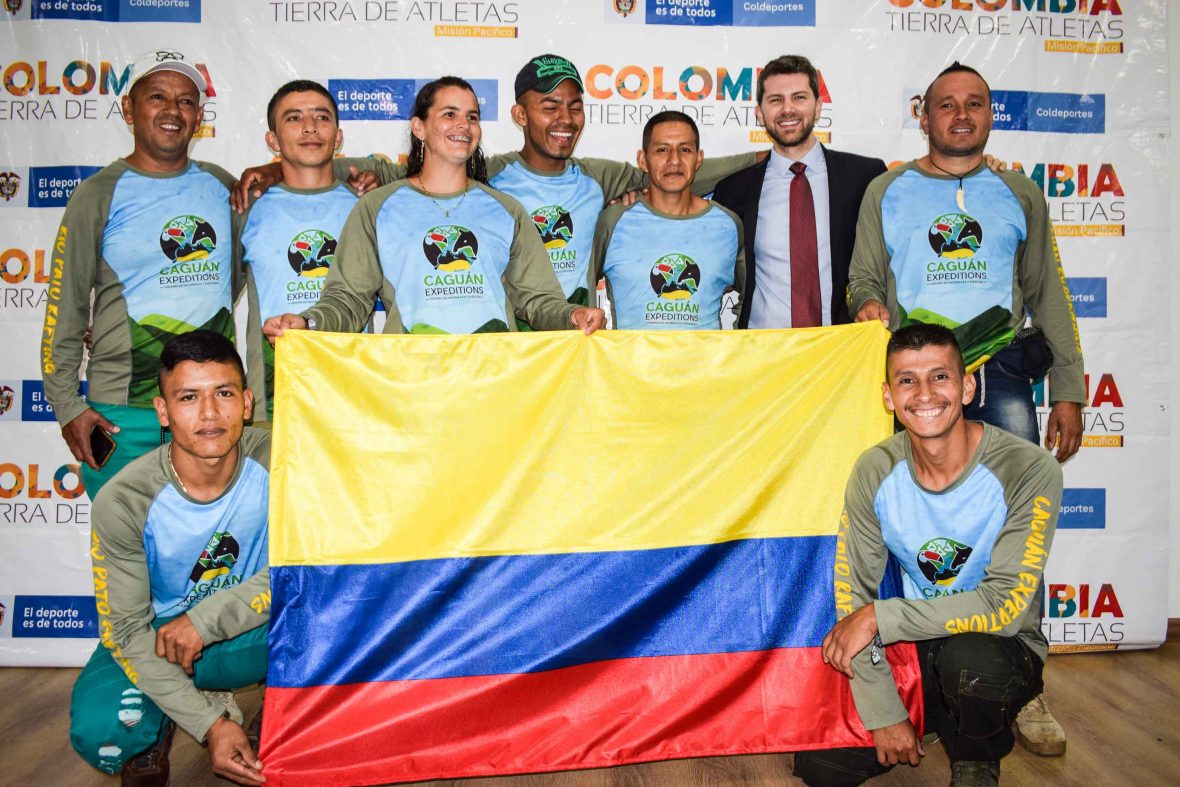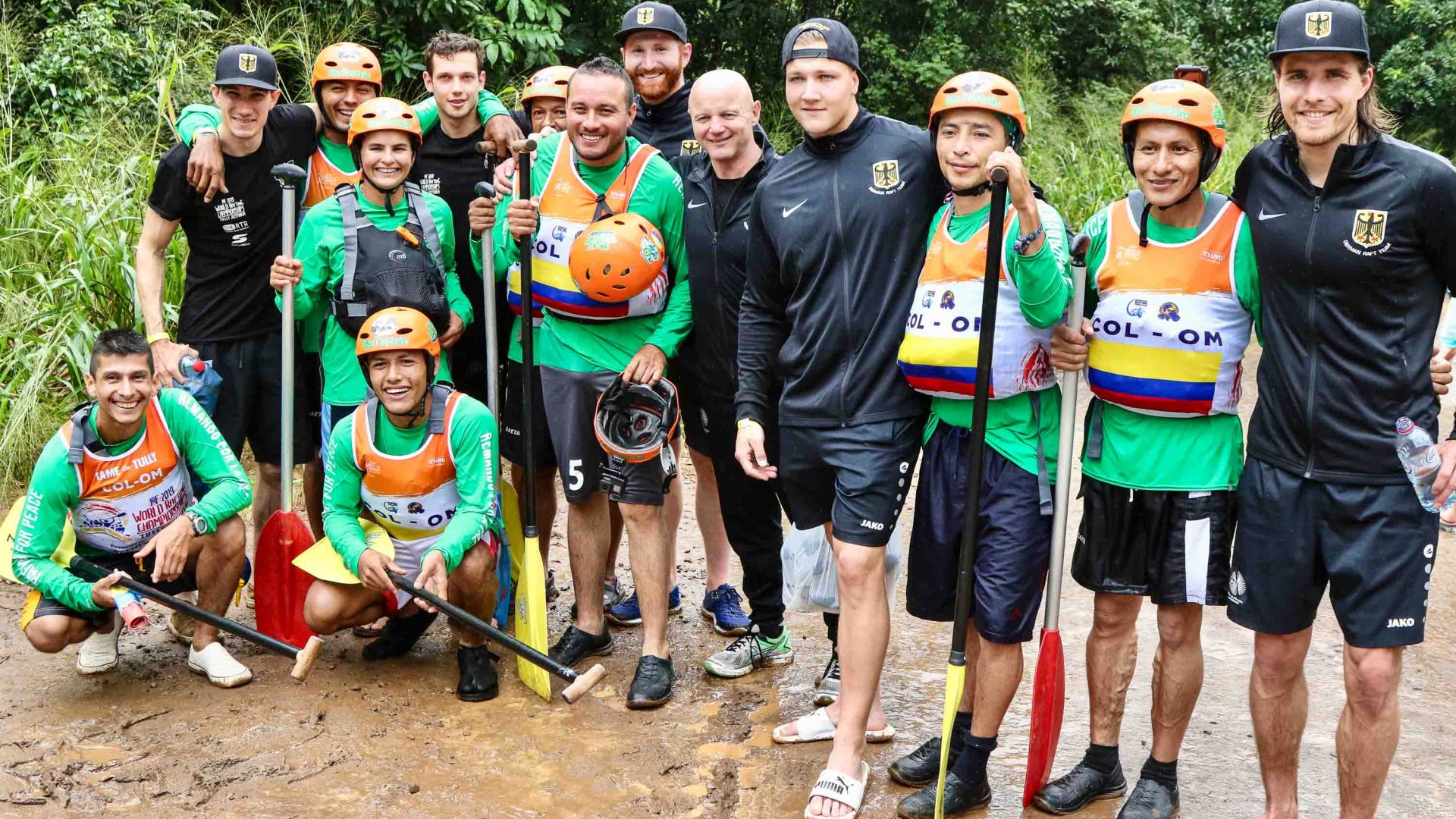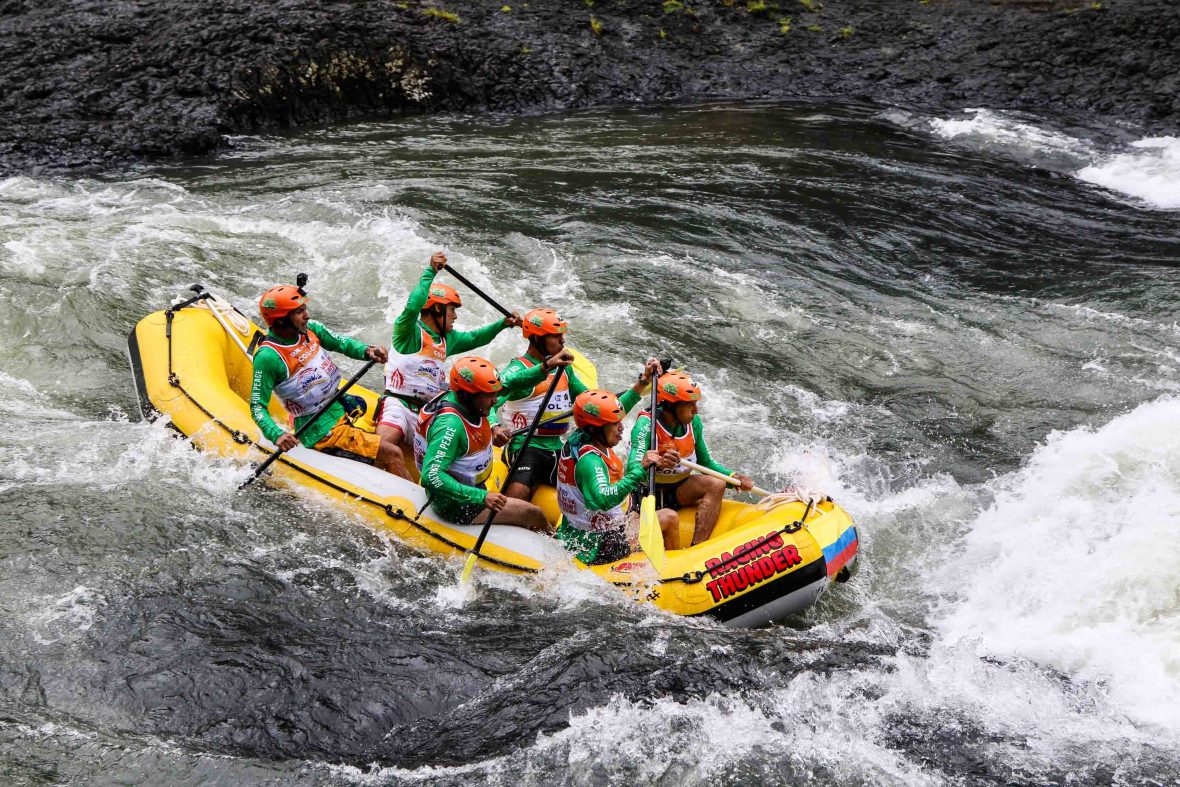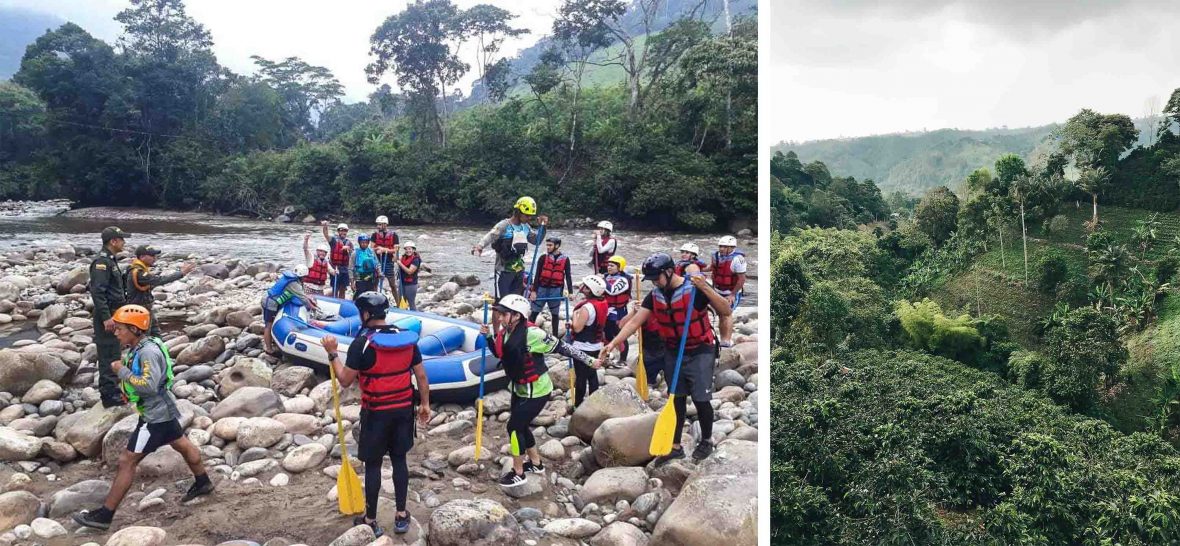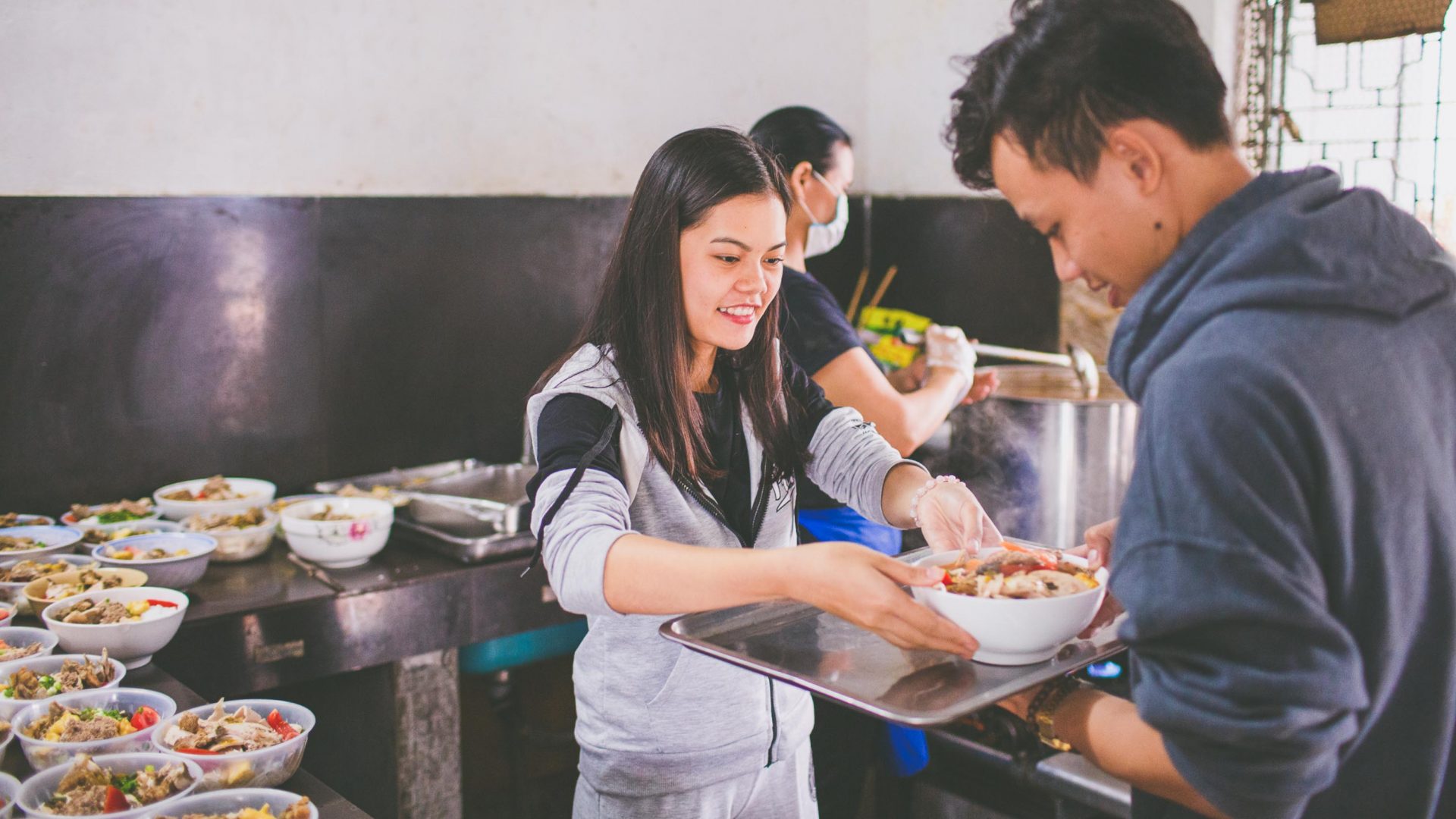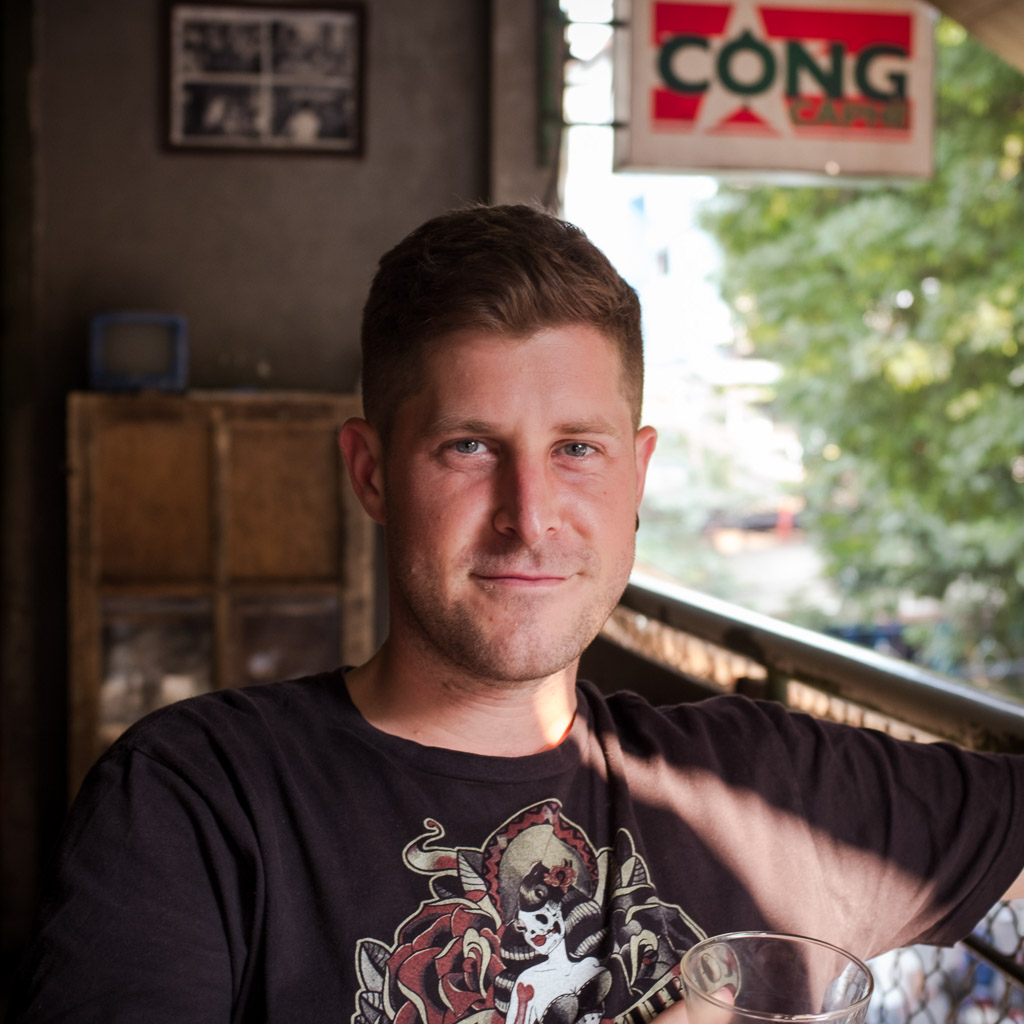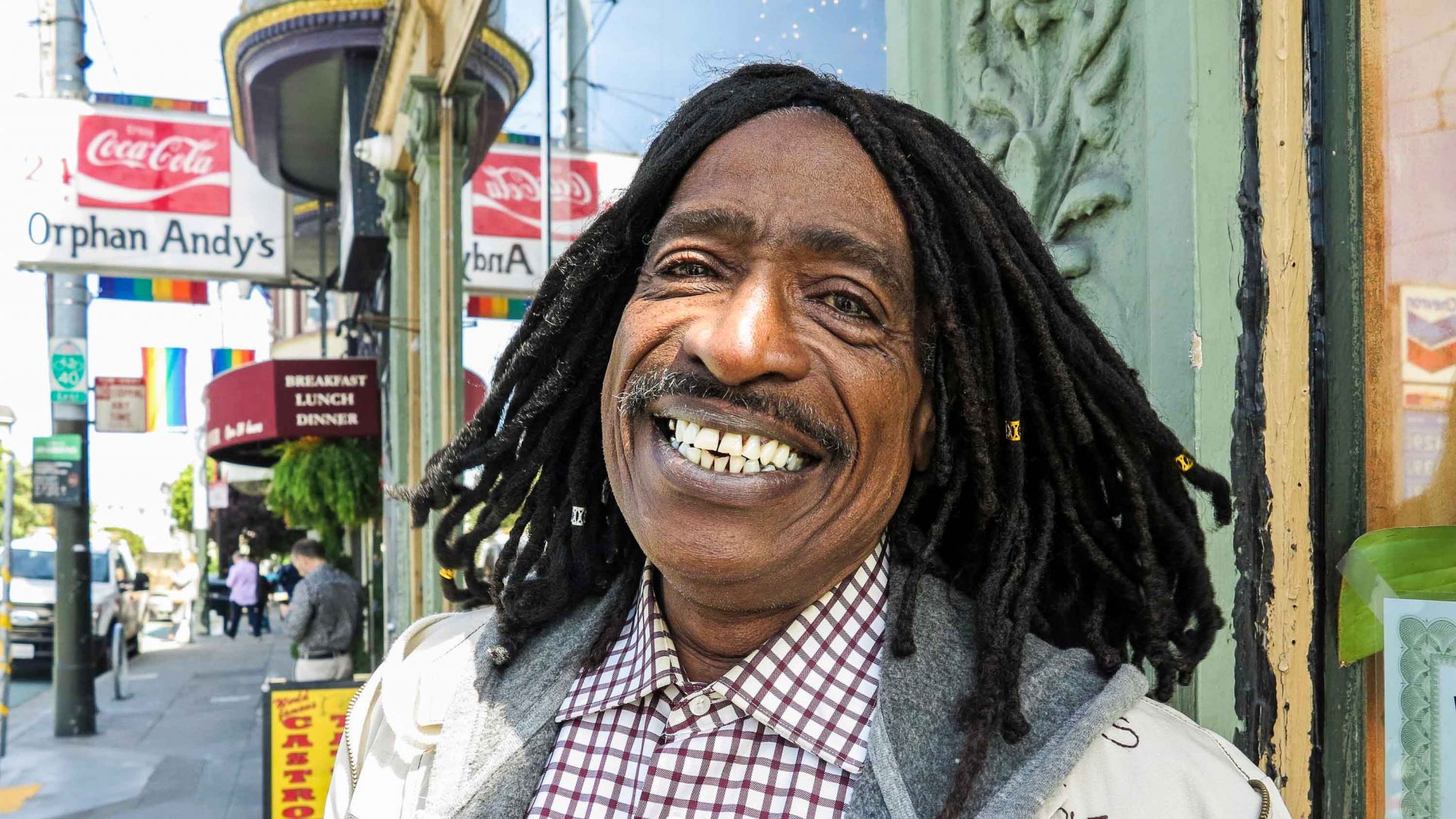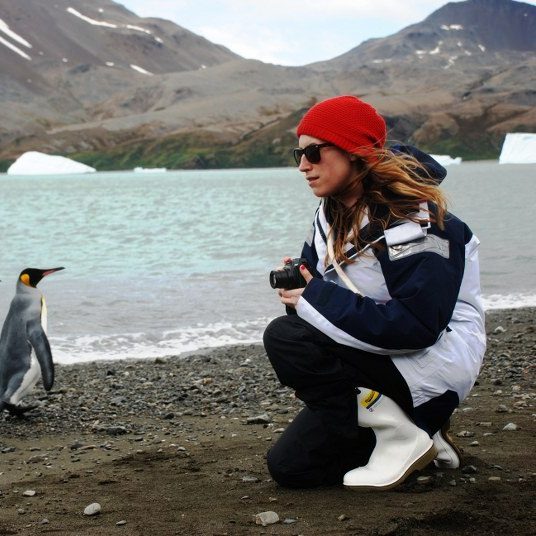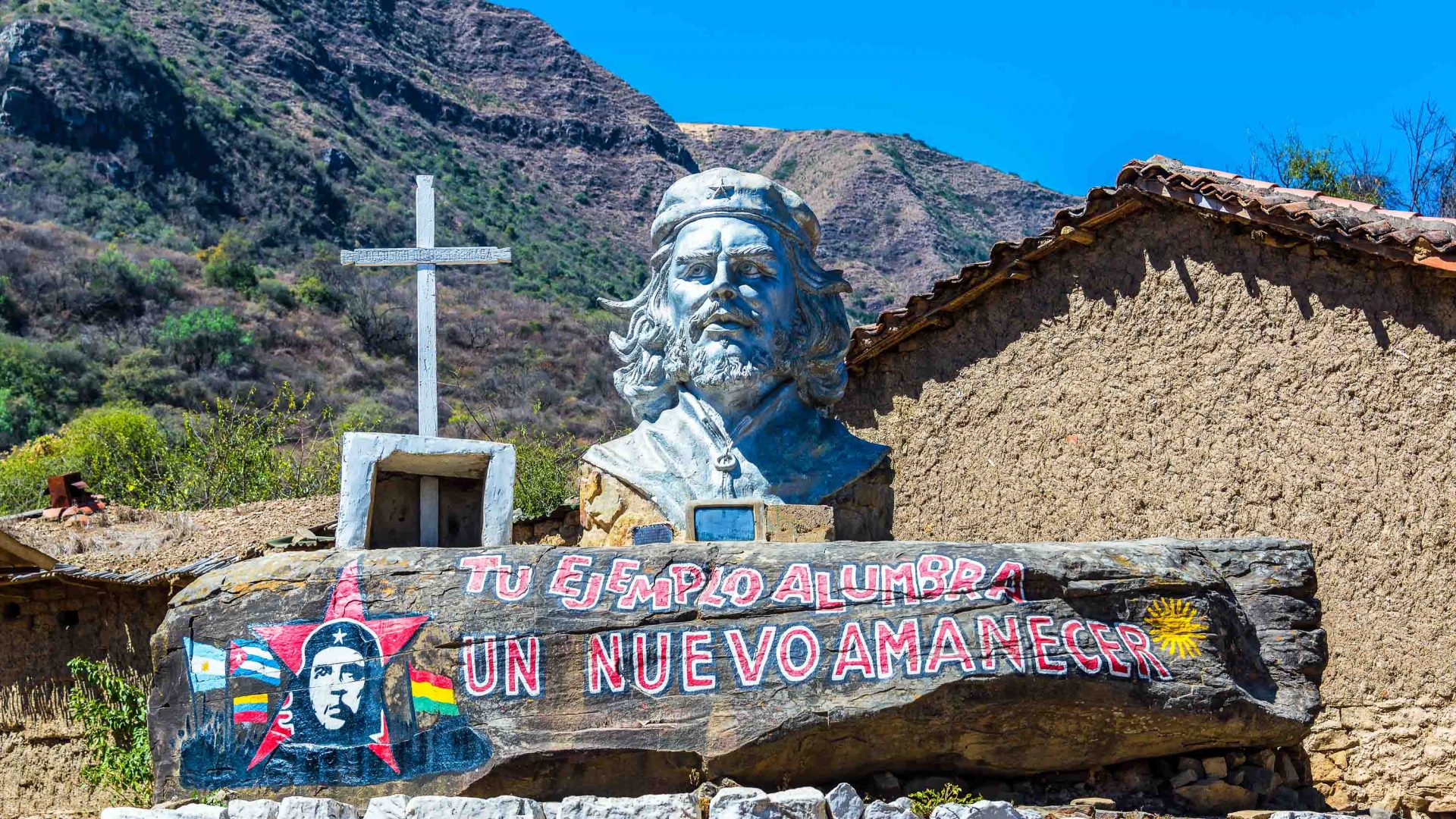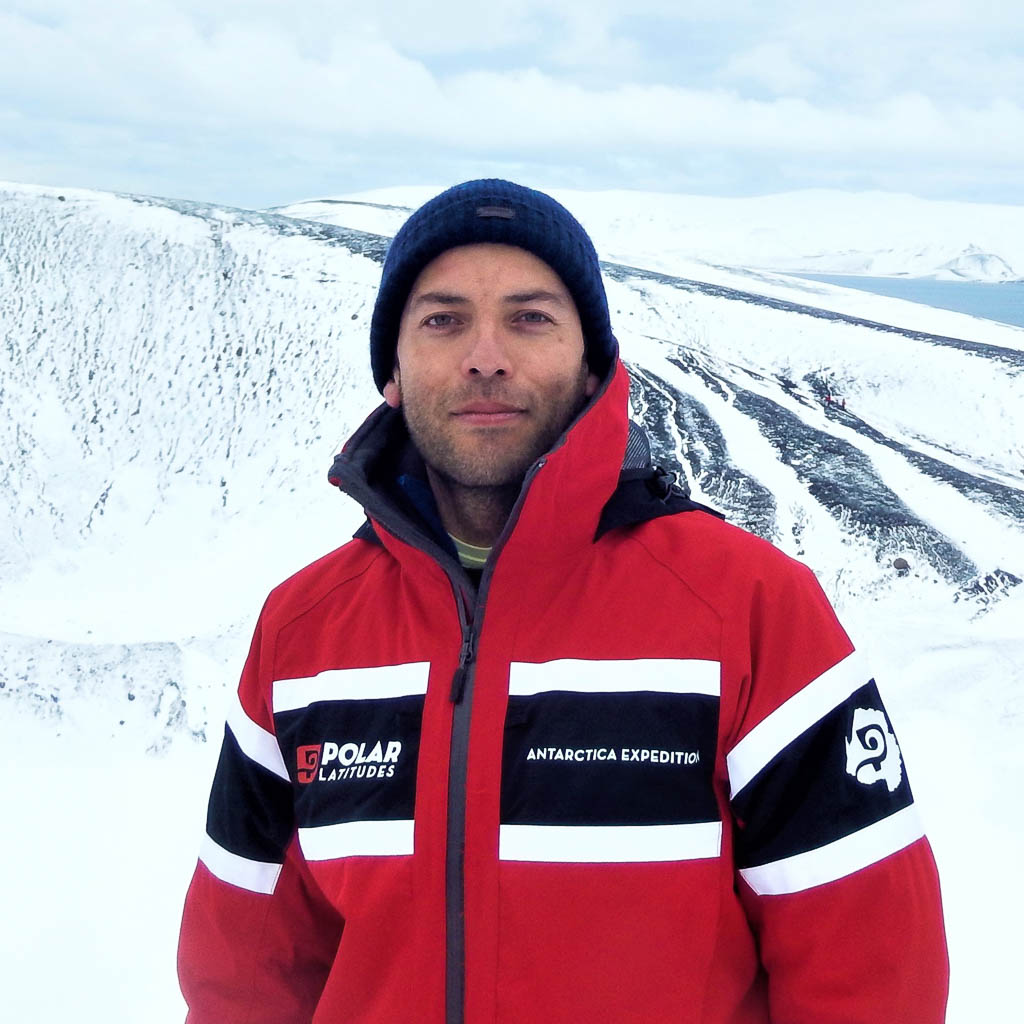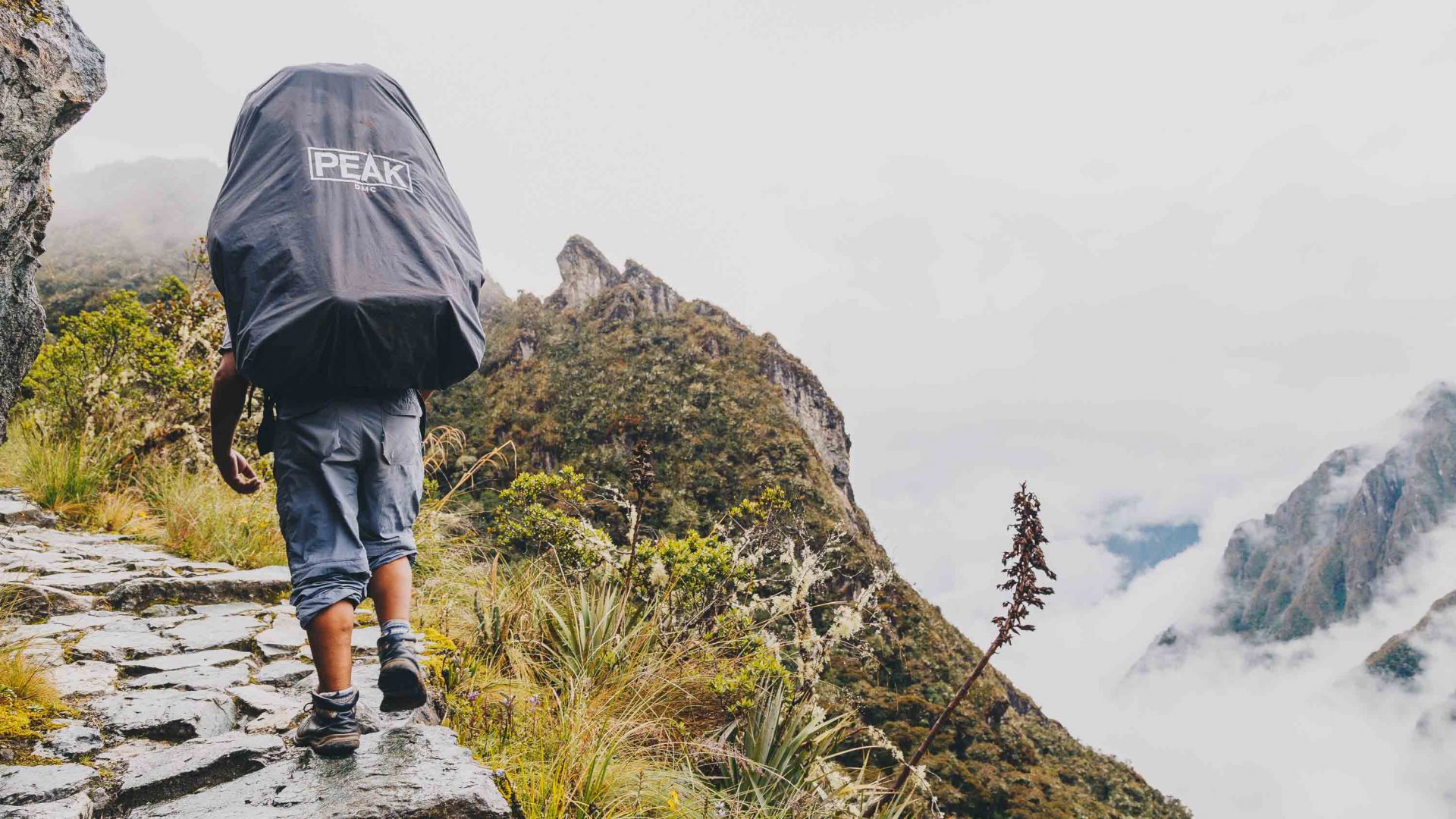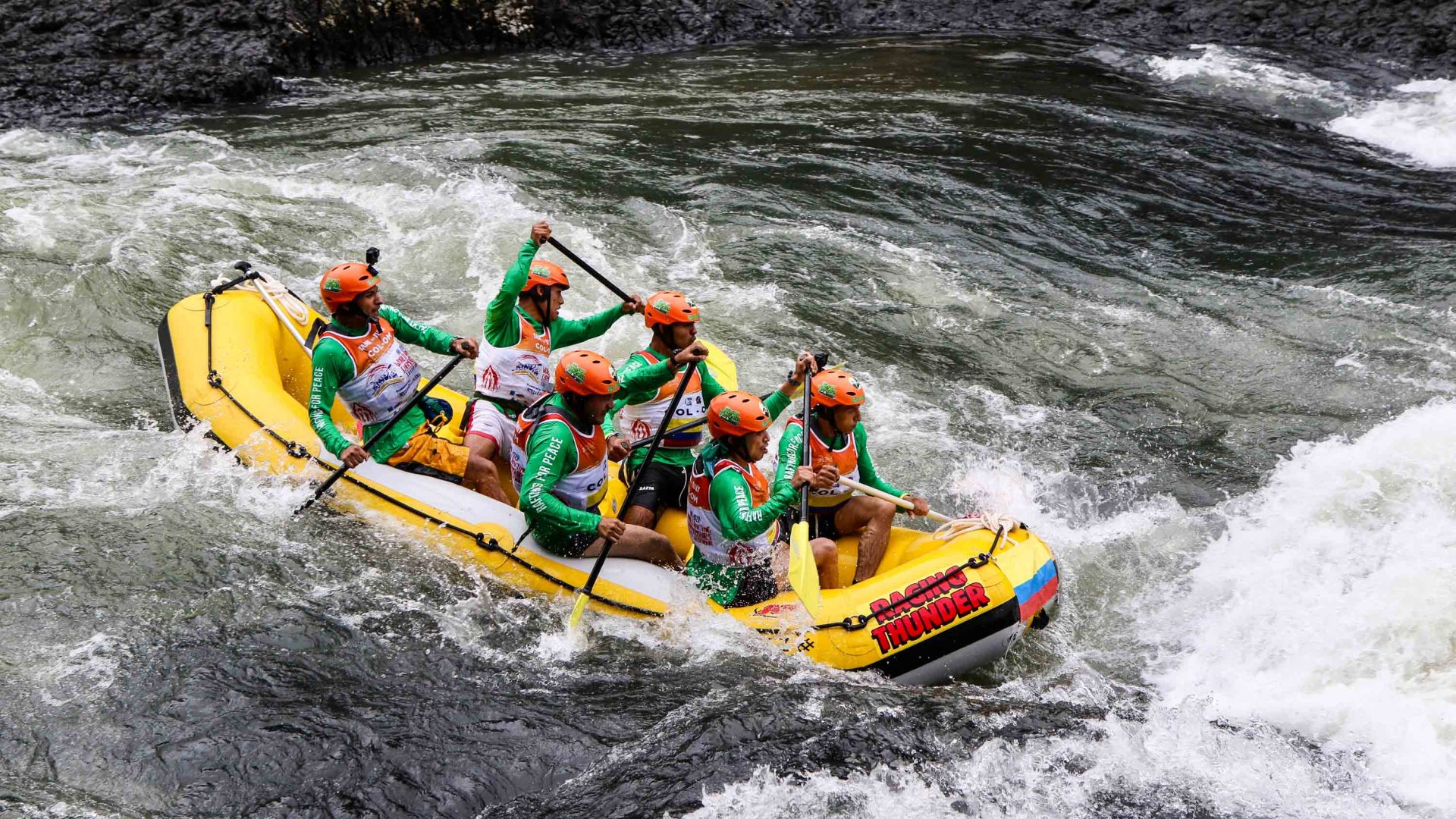
Editor’s note: This article was published before the coronavirus pandemic, and may not reflect the current situation on the ground.
After over 50 years of fighting, Colombia’s FARC rebels signed a peace deal in 2017. Thanks to the help of the UN, some of them have turned their attention to other ventures—like becoming professional rafting guides and World Championship competitors.
As the sun warms the banks of Colombia’s Pato River, a group of rafting guides pull on their life jackets, laughing and chatting as they pile into their rafts. They wrap their hands around the paddles, push off into the swirling water, and begin paddling down the river.
The serene scene is characteristic of an early morning rafting trip anywhere in the world—but it would have been nearly impossible to imagine here just a few years ago.
Once a hub for the Revolutionary Armed Forces of Colombia (FARC)—who, depending on which newspapers you read, were either Robin Hood-esque vigilantes who subscribed to Marxist beliefs and represented the rural poor and fought for the redistribution of wealth or a criminal organization—this area, today known as the Miravalle Territorial Area for Training and Reincorporation (TATR), is rewriting its story, from one of bloodshed to a burgeoning tourism destination.
The same men and women who once took up arms against the Colombian government now pick up paddles. And this river, which former combatants crossed countless times during the decades-long armed conflict, is now the lifeblood for their commercial river rafting company.


